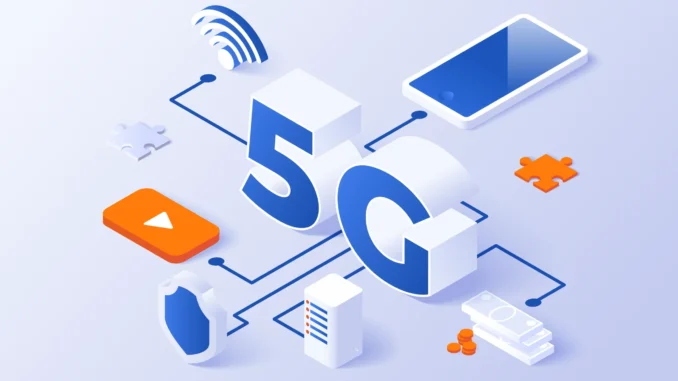
The conversations around 5G technology have evolved significantly since its inception, covering a wide range of topics from technical specifications to societal implications. Here are some key areas of focus in the dialogue surrounding 5G:
Technical Advancements: 5G represents a major leap from previous generations like 4G LTE, with improvements in speed, latency, and connectivity.







Discussions often revolve around its specifications (e.g., mmWave technology, sub-6 GHz spectrum), the architecture of 5G networks, and how it can support the Internet of Things (IoT).
Deployment Challenges: The rollout of 5G has faced various hurdles, including the need for significant infrastructure investment, the installation of new towers, and the integration with existing networks. Urban versus rural deployment strategies, regulatory hurdles, and spectrum allocation are frequently debated topics.
Economic Impact: Proponents of 5G often highlight its potential to drive economic growth. It is seen as a catalyst for new business models, innovation, and job creation across various sectors, including healthcare, manufacturing, and smart cities. Conversely, discussions also touch on the economic risks and potential disparities in access between urban and rural areas.
Privacy and Security Concerns: With increased connectivity comes heightened concerns over cybersecurity and data privacy. Conversations often focus on how to secure 5G networks, the implications of increased data collection, and the potential for surveillance.
Health Concerns: There has been public concern about the potential health effects of increased exposure to electromagnetic fields associated with 5G technology. While many studies have found no conclusive evidence linking 5G to adverse health effects, discussions continue, fueled by public anxiety and misinformation.
Geopolitical Implications: The rollout of 5G technology has become a focal point in international relations. This includes competition between tech giants and countries (e.g., the U.S. vs. China) and the implications of which countries and companies will dominate the 5G infrastructure market.
Social Implications: As 5G technology has the potential to transform industries and daily life, discussions often include its impact on social equity, access to technology, and the digital divide. The potential for 5G to improve services in education, healthcare, and emergency services is also a topic of interest.
Environmental Impact: There is ongoing debate about the environmental implications of 5G deployment, including energy consumption, electronic waste, and the carbon footprint of new infrastructure.
Future Innovations: The potential applications of 5G are varied and revolutionary, ranging from augmented and virtual reality to smarter transportation systems and advanced robotics. Conversations explore how these innovations will reshape industries and everyday life.
Overall, the discourse surrounding 5G is multifaceted and continues to evolve as the technology matures, its applications expand, and its implications are more fully understood.


Leave a Reply